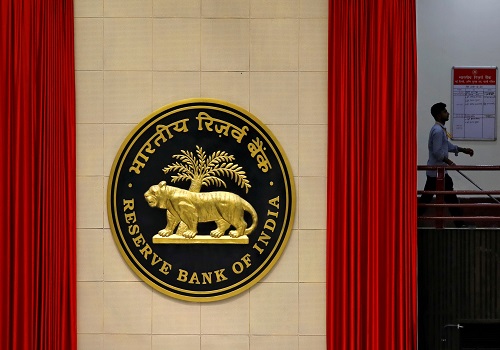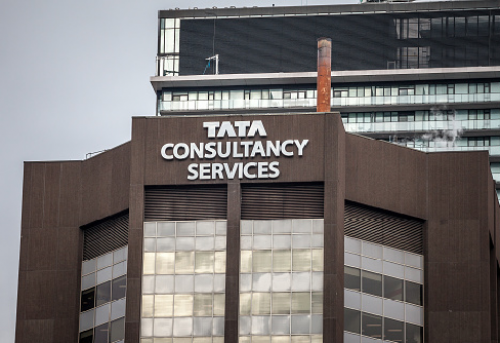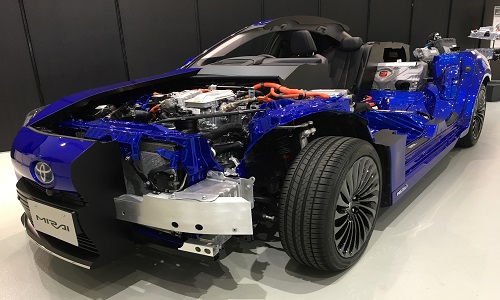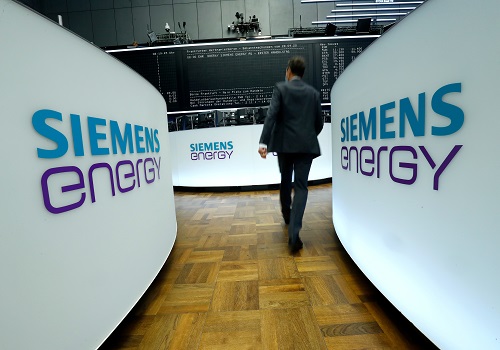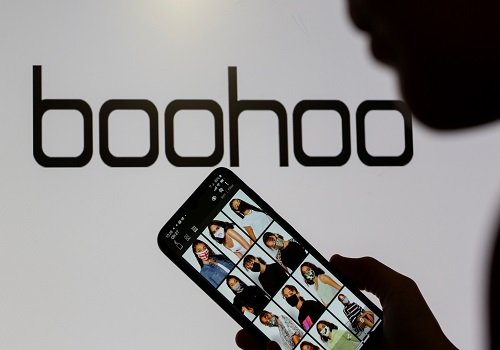Demand for 5G smartphones nosedives in Southeast Asian countries

Follow us Now on Telegram ! Get daily 10 - 12 important updates on Business, Finance and Investment. Join our Telegram Channel
As India plans to usher in the 5G era, the demand for 5G-compatible devices has nosedived in Southeast Asia as practical uses of 5G have yet to be seen amid rising inflation, a new report said on Monday.
5G deployment in developing Southeast Asian markets has been abysmal, ensuring the hype for 5G has dwindled, and demand has shifted to more practical aspects of smartphones such as battery life, storage, processor speed and camera quality, reports Canalys.
"The demand for 5G devices has come to a standstill. 5G devices experienced their first sequential decline to 18 per cent of overall smartphone shipments in Q2," said research analyst Chiew Le Xuan.
Growing inflation has resulted in consumers looking for longer-lasting devices over less practical qualities such as 5G.
Practical uses of 5G have yet to be seen, and is especially unnecessary for low-mid devices when 4G speeds are sufficient in day-to-day usage.
"Maintaining device affordability while boosting profitability is the greatest challenge fora-vendors," Xuan added.
In the second quarter (Q2), Southeast Asian smartphone shipments reached 24.5 million units, a 7 per cent drop from the previous quarter.
Samsung retained its leading position, despite a 19 per cent fall from Q1, owing to lower than anticipated demand for its mid-to-high-end A series.
Indonesia remained the largest market, with 37 per cent share and 9.1 million shipments, followed by Philippines with 4.4 million shipments.
Thailand's smartphone market declined 14 per cent sequentially to 4 million units, and Vietnam smartphone market declined 32 per cent quarter-on-quarter to 3.1 million shipments, as a result of weakened consumer demand stemming from global uncertainties and rising commodity prices.
Malaysia's smartphone market grew 6 per cent to 2.4 million shipments.












 320-x-100_uti_gold.jpg" alt="Advertisement">
320-x-100_uti_gold.jpg" alt="Advertisement">

